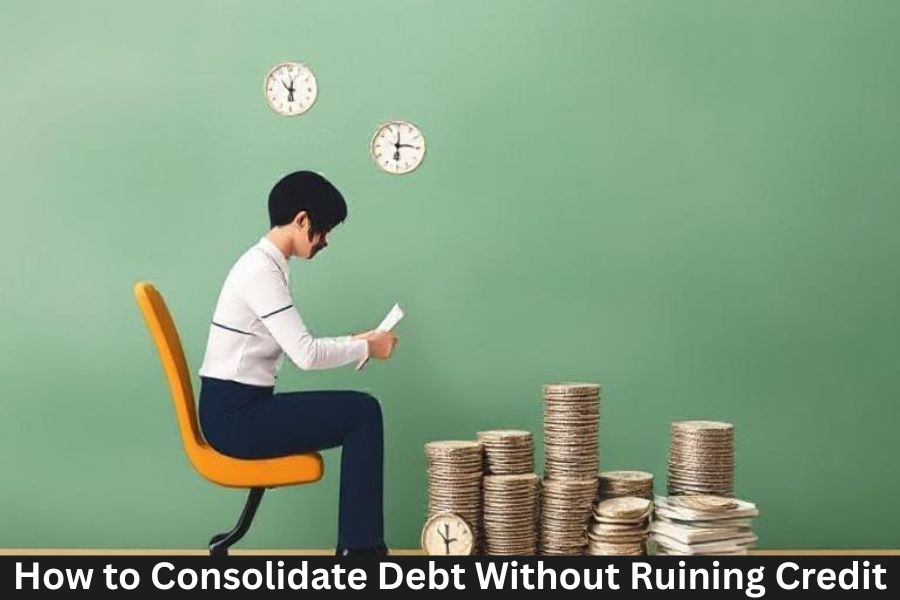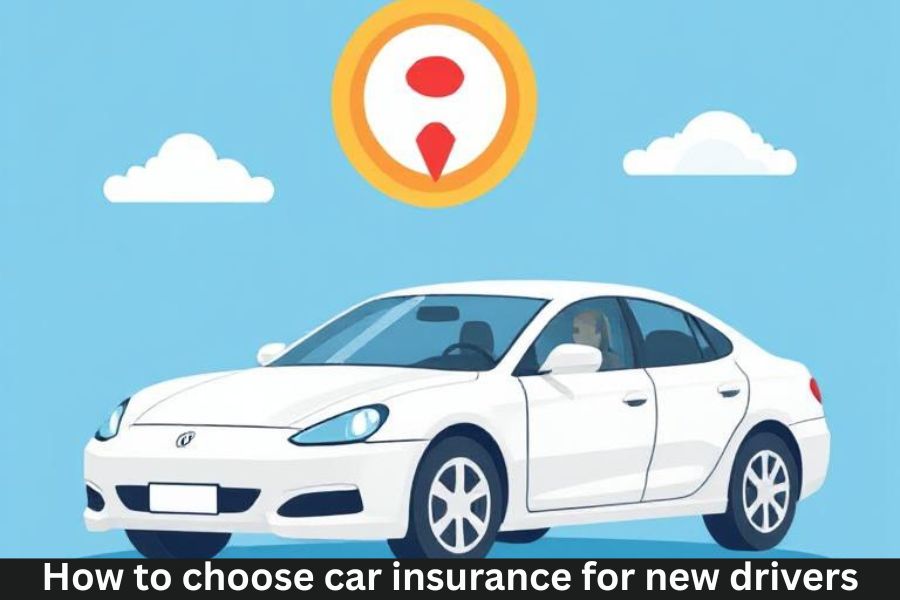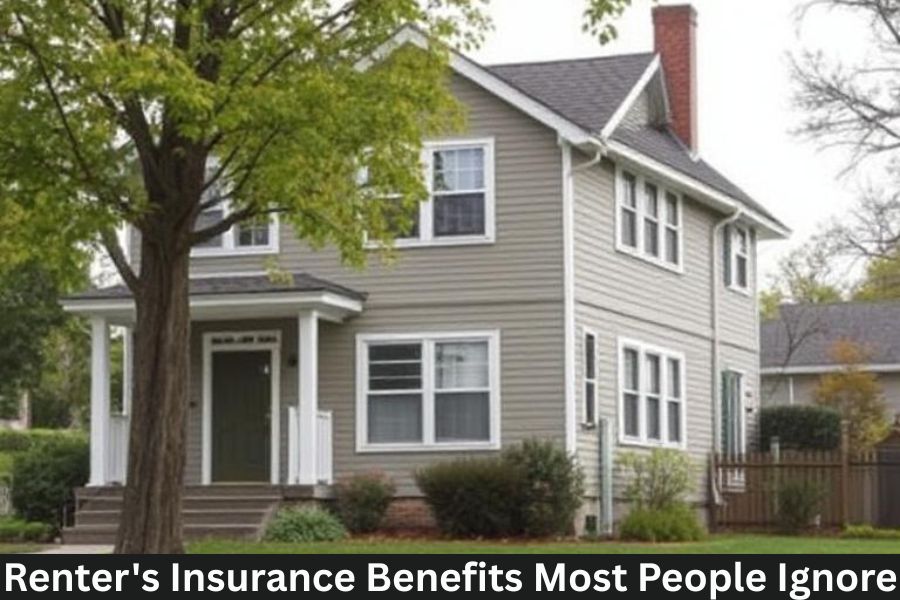Understanding Debt Consolidation
What Is Debt Consolidation?
Debt consolidation is when you combine multiple debts—usually high-interest credit cards—into one monthly payment, ideally with a lower interest rate. It’s like merging all your little financial fires into one manageable flame.
Why People Choose to Consolidate Debt
Because juggling five bills with five due dates and five different rates is exhausting—and expensive. Consolidation simplifies payments and may save money on interest over time.
Can Consolidating Debt Hurt Your Credit?
The Impact of Hard Inquiries
Every time you apply for a loan or credit card, a “hard inquiry” hits your credit report. One or two won’t hurt much, but applying to several lenders at once can ding your score.
Closing Old Accounts: Good or Bad?
Keeping old accounts open helps your credit history length. But too many open lines can also be risky if you’re tempted to use them again.
Pros and Cons of Debt Consolidation
Benefits of Consolidating Debt
- One monthly payment
- Lower interest rate
- Less chance of missing due dates
- Faster payoff timeline
Pitfalls to Avoid
- Choosing a high-fee loan
- Not changing your spending habits
- Using the freed-up credit and racking up new debt
Signs You Might Need Debt Consolidation
Multiple Monthly Payments
If you’re juggling more than 3 bills each month, consolidation can help you breathe again.
High Interest Rates and Late Fees
Debt is especially painful when most of your money goes to interest instead of the actual balance.
Minimum Payments That Never Shrink Debt
If you’re only making minimums, it could take years to pay off—and cost you double.
Types of Debt Consolidation Methods
Balance Transfer Credit Cards
Transfer your balances to a new card with 0% intro APR for 12–21 months. But beware: fees and interest can kick in fast.
Debt Consolidation Loans
A personal loan with a fixed interest rate, used to pay off credit cards. Set term. One monthly payment. Predictable.
Home Equity Loans or HELOCs
These use your house as collateral. Great rates, but high risk if you fall behind.
401(k) Loans (With a Warning)
You can borrow from your retirement. But it’s risky, and the money won’t grow while it’s out.
Choosing the Right Option Based on Your Credit
Good Credit: More Choices, Lower Rates
If your score’s 700+, you can likely score a low-interest loan or 0% APR card.
Fair or Poor Credit: Be Strategic
You may not qualify for the best rates. Consider secured loans or seek help from a nonprofit credit counselor.
How to Consolidate Debt Step-by-Step Without Hurting Credit
Step 1: Check Your Credit Report
Get a free copy at. Know where you stand.
Step 2: Calculate Your Total Debt
Add up balances, interest rates, and monthly payments. Knowledge = power.
Step 3: Compare Consolidation Options
Look at rates, fees, term lengths, and approval odds.
Step 4: Apply for One Loan or Card
Don’t shotgun apply—be precise. One application = one hard inquiry.
Step 5: Pay Off Debts and Stick to One Payment
Once approved, use the funds to wipe out existing debts. Then focus on just one payment each month.
What to Avoid When Consolidating Debt
Applying for Multiple Loans
Each application triggers a credit inquiry. Too many too fast = red flag.
Not Closing Old Accounts Carefully
Keep them open to maintain your credit age, but avoid temptation to use them.
Skipping Payments or Paying Late
Consolidation doesn’t work if you don’t keep up with payments. Set reminders or automate it.
How to Maintain or Improve Credit During Consolidation
Make On-Time Payments Every Month
Nothing helps (or hurts) credit more than your payment history.
Don’t Max Out the New Loan or Card
Keep utilization low—ideally under 30%—to avoid a drop in your score.
Keep Credit Utilization Low
Pay down balances. Don’t use all your available credit just because it’s there.
Debt Consolidation vs. Debt Settlement
Key Differences
- Consolidation = You repay everything, just more simply.
- Settlement = You pay less than you owe, but it tanks your credit.
Why Settlement Can Be Risky for Credit
Lenders may report settled accounts as “paid for less than owed”—a big red flag on your report.
Tools That Can Help You Consolidate Wisely
Debt Payoff Calculators
Use online tools like NerdWallet or Bankrate to crunch numbers before you commit.
Financial Counseling Services
Nonprofit agencies like NFCC can guide you—for free or low-cost.
When Debt Consolidation Might Not Be the Right Move
If You’re Likely to Rack Up New Debt
Consolidation is pointless if your spending habits don’t change.
If You Can’t Afford the New Monthly Payment
Don’t swap one burden for another. Make sure you can stick with the plan.
Real-Life Examples of Credit-Friendly Debt Consolidation
Case Study: Balance Transfer Success
Maria moved $6,000 to a 0% APR card, paid it off in 14 months, and raised her credit score by 40 points.
Case Study: Personal Loan Done Right
Jake used a $10,000 personal loan to consolidate 4 cards. Lower interest, one payment, and he paid it off in 3 years.
Final Checklist for Smart Debt Consolidation
Check your credit score
Choose the right consolidation method
Don’t apply for multiple loans
Stick to your new monthly plan
Avoid new debt like the plague
Final Thoughts
Consolidating debt doesn’t have to destroy your credit—in fact, it can actually improve it if done right. The key? Be smart, deliberate, and disciplined. Pick the method that fits your credit profile and budget. Make your payments on time, avoid new debt, and watch your financial stress shrink month by month.
FAQs
1. Will debt consolidation improve my credit score?
Yes, if you make on-time payments and reduce your overall utilization.
2. How long does debt consolidation stay on your credit report?
The loan itself shows up like any other credit account and stays for about 7 years, but it’s not negative unless you default.
3. Is it better to get a personal loan or use a balance transfer card?
It depends on your credit. If you qualify for 0% APR, balance transfer cards are great short-term solutions. Personal loans work better for longer-term plans.
4. Can I consolidate student loans the same way?
No, federal student loans require a separate process. Private loans may qualify for standard consolidation.
5. What’s the biggest mistake people make with debt consolidation?
Racking up new debt while paying off the old. Always address the root problem—spending habits.



